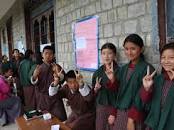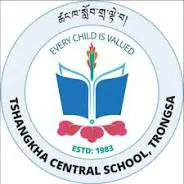Community projects, for example, on October 6th a festival cycle race will take place giving an opportunity to practice essential skills. The cultural community often presents to students and these examples show students essential skills in real life.
























